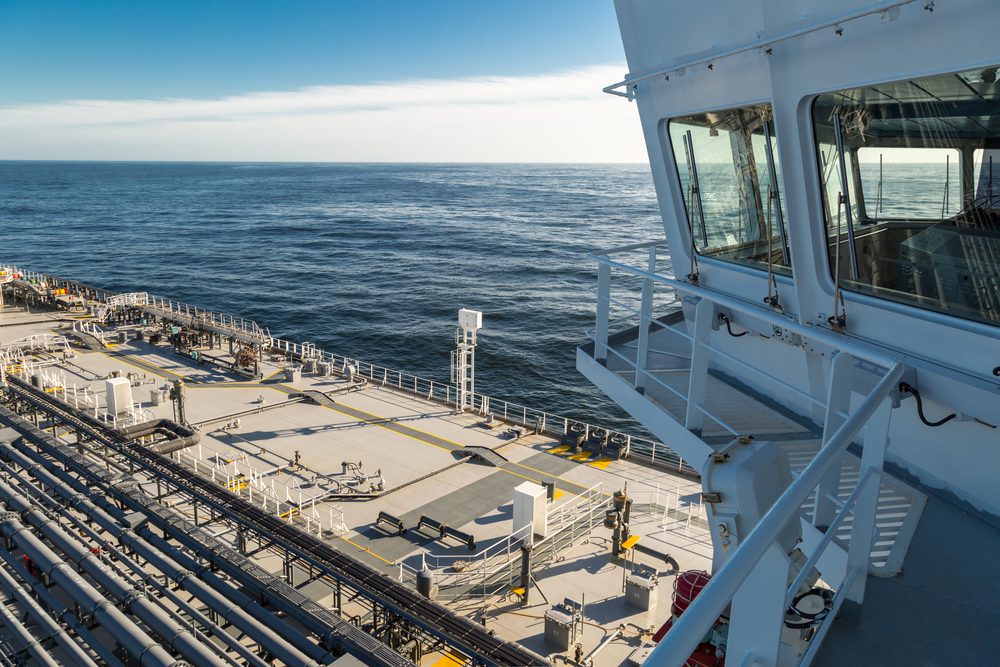The Governments of Vanuatu and Tonga have completed a series of intensive maritime safety workshops and oil spill response drills, marking important steps toward safer shipping and stronger marine environmental protection.
In Vanuatu, the exercises included the country’s first-ever national oil spill drill, while in Tonga, an oil spill drill in the main port of Vava’u was conducted for the first time. Both nations carried out the activities as part of their Corrective Action Plans (CAPs) following audits under the IMO Member State Audit Scheme (IMSAS).
The training was delivered under the IMO’s SMART-C Leaders Project, which supports Pacific Small Island Developing States (SIDS) in meeting international maritime safety and environmental standards.
Vanuatu conducts first national oil drill
Two national workshops were held in Port Vila. The first (14–17 July) focused on safety of navigation, bringing together the Vanuatu Maritime Safety Authority (VMSA) and other agencies to address IMSAS audit findings on search and rescue, hydrographic services, and radiocommunication. Draft Terms of Reference (ToR) were agreed for new coordination committees in each area.
The second workshop (28–31 July) addressed marine pollution preparedness and response, and included Vanuatu’s first national oil spill drill. A dedicated committee for oil spill readiness was established, embedding immediate corrective actions within a broader institutional framework.
A “turning point” for the Tongan maritime sector
In Tonga (21–25 July), a national workshop in Nuku’alofa brought together government departments and port authorities to strengthen safety of navigation, covering search and rescue, radiocommunication, hydrographic surveying and management of navigational aids.
A subsequent marine pollution preparedness workshop was held in both Nuku’alofa and Vava’u, featuring oil spill drills in each location. The Vava’u drill was the first ever held at that port. Participants also developed ToRs for committees to support implementation of Corrective Action Plans under IMSAS, and long-term maritime governance.
“These workshops mark a turning point for Tonga’s maritime sector,” said Ms. Kelela Tonga, Director of the Tonga Maritime Administration Office. “With the support of the SMART-C Leaders Project, we are not only addressing the findings of the IMSAS audit, but also laying the foundation for stronger inter-agency coordination and long-term maritime resilience.”
Source: IMO





